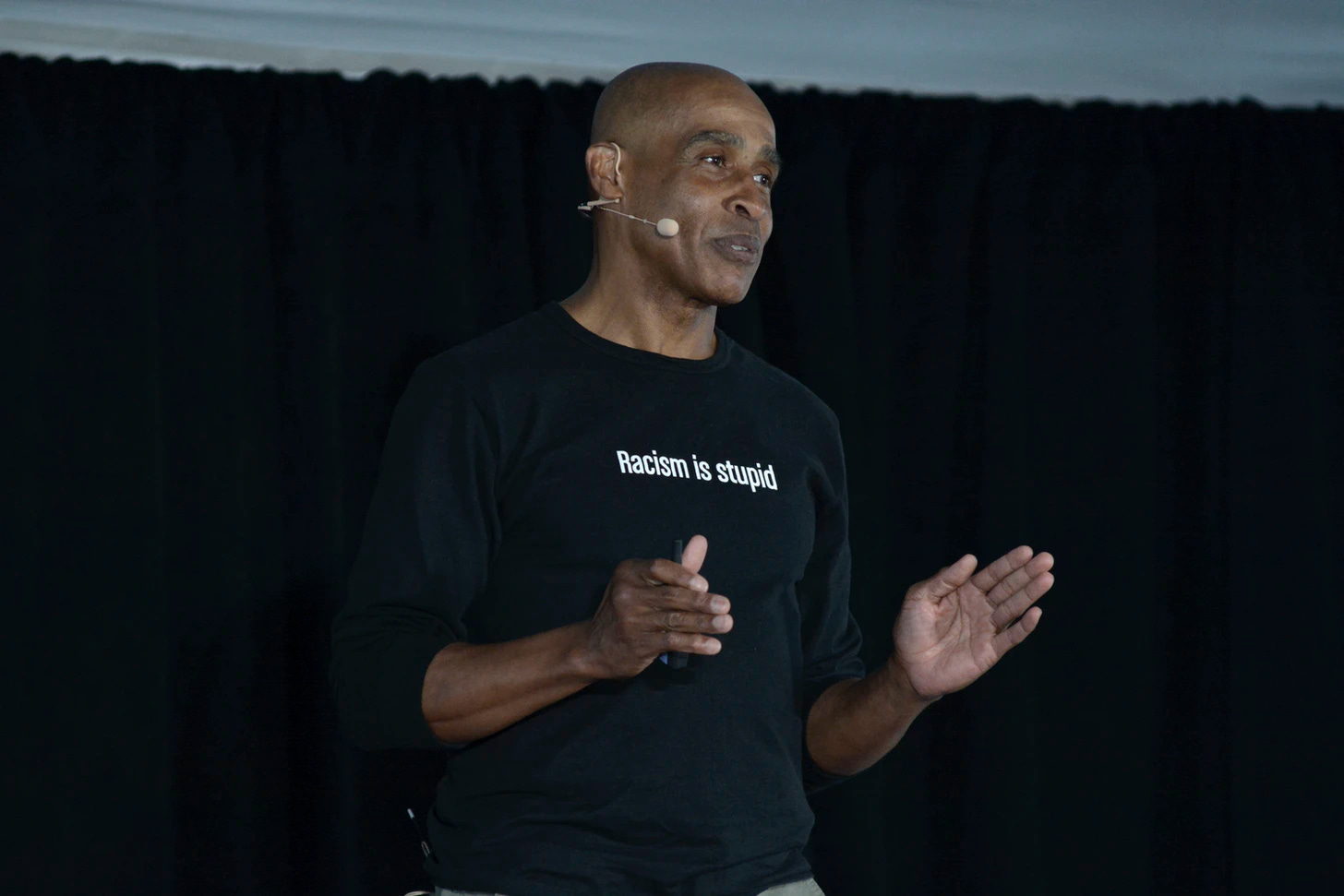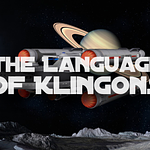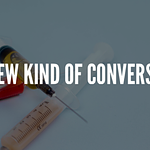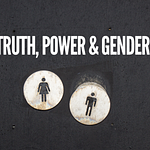By Jennifer Richmond & Carlos Hoyt
Well, it happened again. Folks who might seem to be on opposite sides of a subject got together for a second time to have meaningful, respectful, and generative dialogue - a rare occurrence in today’s factious, cynical world.
In our efforts to fashion a new American identity, we continue to not just talk, but also to write together. Who knows, perhaps our conversations and collaborations may just end up with a book on how to doing diversity constructively. We’ll see… (Speaking of books, you can pre-order Jennifer’s forthcoming book with co-author Winkfield Twyman, Jr. Letters in Black & White on Amazon.)
In our latest conversation we focus on systems. Jen sees the word as pejorative. Systems are something you burn or crush. The “system” is often synonymous with “the man”, and we all know you’re supposed to “stick it to the man”, right? But there will always be systems. It’s a baseline of operation for most of what we do. Often, even the best of systems come with unintended consequences.
Carlos offered that, stripped of the contentious charge that’s been applied to it, all system means is an arrangement of elements, designs, practices, policies, etc. that lead to outcomes (intended or unintended) that may have positive or negative consequences for individuals and groups. Whether we’re talking about natural systems like ecological systems, deliberately discriminatory systems such as Jim Crow segregation, or legacy admission policies, systems can reflect non-human directed outcomes (ecological systems), oppression (Jim Crow segregation), or de facto discrimination (legacy admission policies).
Understanding this allows and obliges us to acknowledge that systems of social bias play out in many ways. Arguments against the existence, past and present, of systemic social bias defies logic and evidence and offends those who must push through social bias every day.
We agree that there are systems at play with consequences that produce biased outcomes but discuss the extent that it permeates our society. Does systemic social bias explain everything that ails us? Of course not, but who ever said it did? Our opportunity and obligation are to seek clear data, acknowledge facts, and work together to reduce both intentional and unintentional social bias. When we instead, opt for simplistic explanations without exploring the nuance and complexity of our world and the systems within, real solutions are elusive. And until we put aside piddling pedantic fussing, we remain locked in a system of our own making that keeps us in stasis. We’re just playing the same game that ensures that systemic bias remains a fixture in our polarized landscape.
As long as there are humans, there will be the risk of social bias. An Us-and-Them ethos; we are hard-wired this way. We can never be infinitely inclusive and must build a resilience to accommodate realities outside of ourselves. However, we can strengthen our resiliency while working to ensure that our Us-and-Them nature doesn’t morph into an Us-against-Them reality. Yes, there is a difference. And no, it doesn’t have to be a zero-sum game.
In the Hold my Drink — navigating culture with a chaser of civility, and Counterweight podcast, Episode 75, we continue our conversation with Carlos Hoyt on how to do diversity without division. In the fraught dynamics of what to teach, how to teach, and when to teach about history, justice, and social issues, we come together across our differences to seek solutions to one of America’s most polarizing topics. Despite our differences we find common ground in our belief that a new American identity is a real possibility, if only we hold space for difficult conversations. In our latest conversation we explore “systems” and conclude that a singular focus on systems doesn’t reflect reality or result in lasting solutions. Systemic bias, however, remains an enduring part of the human mindset. How to outwit this human tendency is the key to a new national dialogue that brings our commonalities into sharper focus. All discussed with a chaser of civility, of course, and a whiskey & coke, a chocolate Rooibos tea, and a bottle of cool and lucid water for Carlos.
Hold my Drink welcomes all people with all kinds of beverages to join us as we explore the truths of a chaotic and beautiful world, together.
Find us on Apple Podcasts and Spotify, or watch the conversation unfold on YouTube, and follow us on Facebook, Twitter and Instagram.
What Carlos is Reading:
Systemic racism: What research reveals about the extent of its impact, Humans, Layal Liverpool
26 simple charts to show friends and family who aren't convinced racism is still a problem in America, Business Insider, Shayanne Gal, Andy Kiersz, Michelle Mark, Ruobing Su, and Marguerite Ward
What Jen is Watching:
Jordan Peterson debate on the gender pay gap, campus protests and postmodernism, Channel 4 News
What Have We Learned About Culture, Disadvantage and Black Youth? Talk at Case Western Reserve University, Orlando Patterson
Carlos is a Licensed Independent Clinical Social Worker and a Ph.D. in social work. He provides psychotherapy to children, adolescents, adults, couples, and families, and consultation and training on matters related to social identity, social bias, and social justice to a number of organizations that wish to optimize their inclusivity efforts and outcomes.
More information on Carlos can be found here.
Below is a collection of Carlos’ writings:
The Pedagogy of the Meaning of Racism: Reconciling a Discordant Discourse
What if the Spirit Does Not Move Me? A Personal Reconnaissance and Reconciliation















Share this post